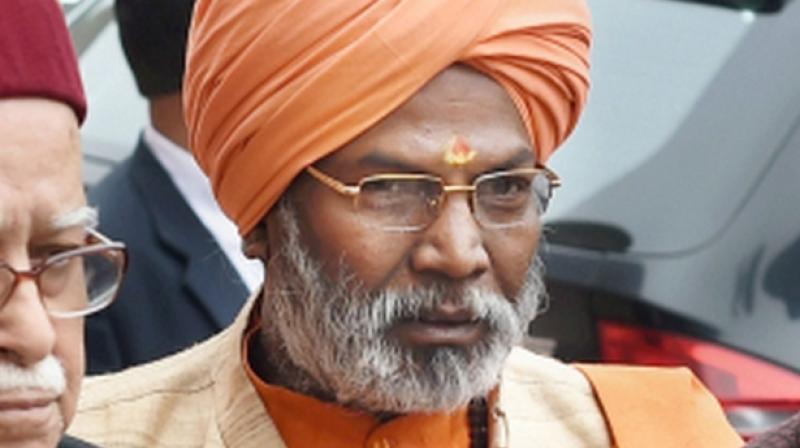The chat room: Ban caste, religion in politics? Can't be done!'

Are good laws enough to change the country? Or do they serve no more purpose apart from giving the upper sections of society a reason to be proud as they read their newspapers every morning? The SC banning the use of religion, caste or creed in elections seems like a good move, although leading lawyer Gerald Manoharan, who joined Joyeeta Chakravorty in DC Chatroom, says expressing the will of the justice system is good, the success of a law depends on its implementation.
Have we changed the face of Indian politics? The educated populace has certainly hailed the Supreme Court's landmark ruling that bars political parties from seeking votes in the name of religion. The Constitution Bench, headed by Chief Justice of India Justice T.S. Thakur passed the order under Section 123 (3) of the Representation of People's Act, stating: No politician can seek a vote in the name of caste, creed, or religion." The Court even went so far as to add that the relationship between man and God is an individual matter and expressly forbidding the state from interfering.
Bengaluru-based lawyer Gerald Manoharan, the joint owner of one of the country's leading law firms, raises a sceptical eyebrow as far as implementation goes. "It was the first question that came to mind. We have a judgment on record, but how do we ensure that it is upheld?" he asked. Manoharan meets this reporter at plush office in the city, looking through files and glancing at his schedule as he speaks. "The most important thing here is that the jury's intention has been expressed. Still, let's be real. Religion, caste and money play a huge role in the Indian elections. Judgment is one thing, a meaningful judgment quite another!"
The Representation of People Act of 1951 also says that people cannot be lured into voting for money, Manoharan points out. "The EC has been trying to check and remove maladies caused by criminal antecedents of the candidates and the blatant misuse of money. It continues to happen, though. Is the erring candidate pulled up for this?"
The Supreme court's decision has been termed historic and bold by some and garnered flak by many others. Indian voters are seen as 'vote-banks' by political parties and been lured into voting on the basis religion, caste, language and also money.
"It is self-defeatist in some ways. Judgements are great as long as they are only meant for the educated diaspora to read about and take pride in, but ground-level implementation is what matters most," Manoharan emphasised. "The Judiciary has made its interpretation and expressed its view. The issue is now in the hands of executive bodies. The onus will fall on the EC, which must ensure that candidates are not using religion, caste and creed to coax voters into voting." Sadly, in the current scenario, if a candidate is being questioned about any alleged involvement in corrupt practices, the court process alone takes upto six or seven years."
Speaking about religions and caste on rather a personal note, Gerald remarked, "Religions plays a very important role in the fabric or our society and it continues to be an integral requirement in social structure. Removing caste from the equation, especially with regards to elections won't be possible."

